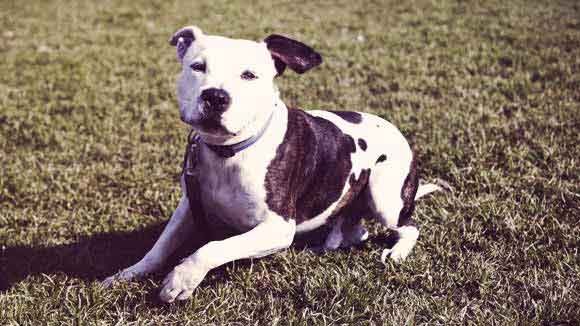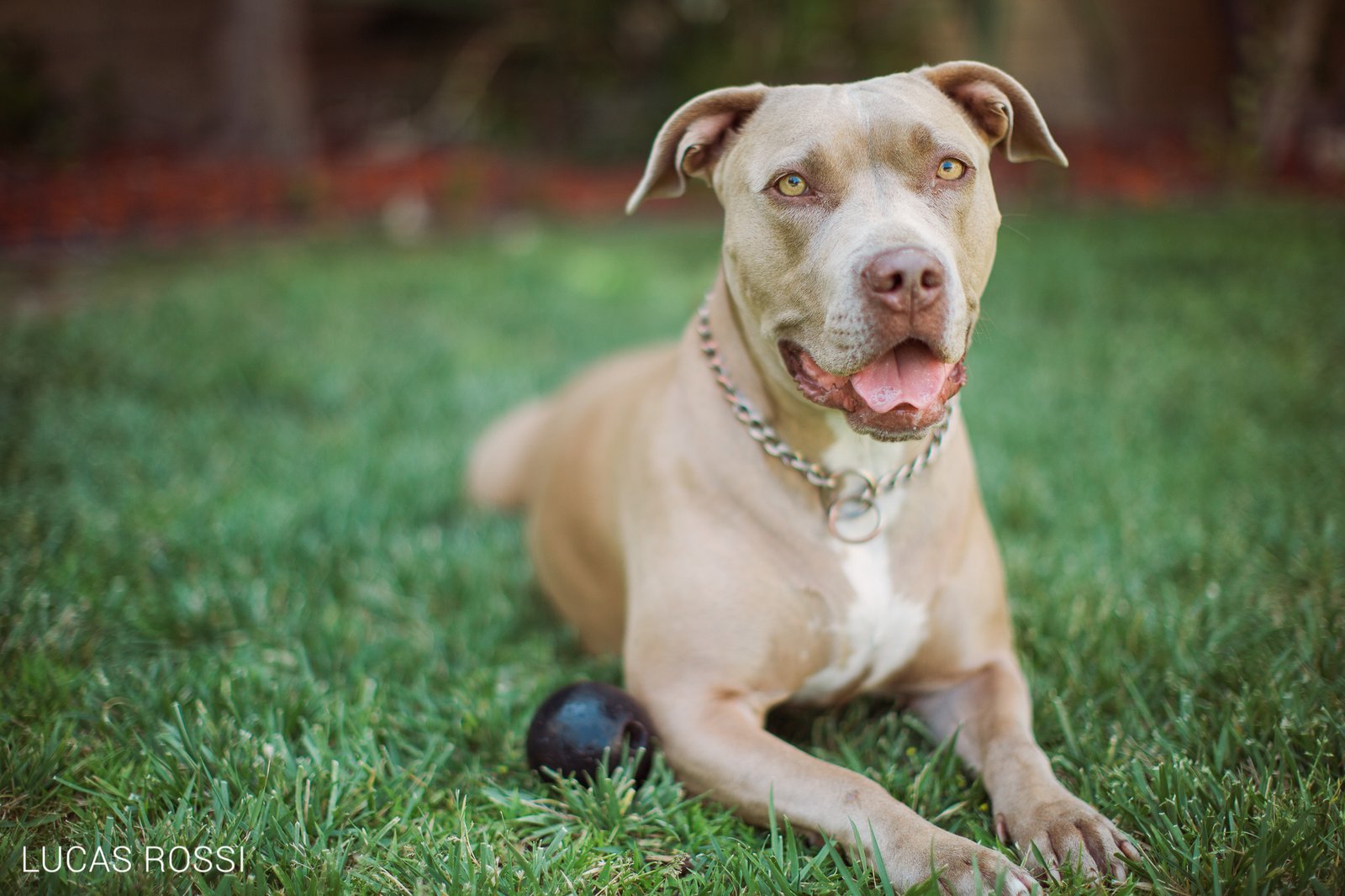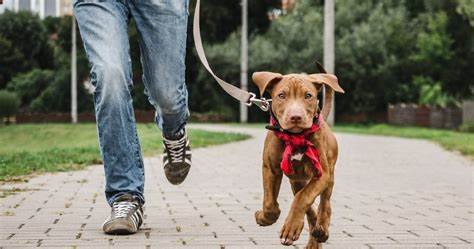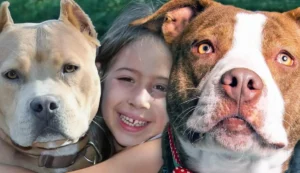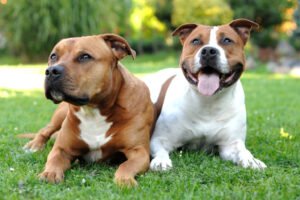How to Identify and Treat Skin Issues in Pitbulls
Pitbulls are known for their muscular build, loyalty, and high energy levels, but like all dogs, they can be susceptible to a variety of skin issues. Skin problems in Pitbulls can range from mild irritation to more serious conditions, and they can be caused by many factors, such as allergies, parasites, infections, or environmental changes. Early detection and proper treatment are key to maintaining your Pitbull’s overall health and comfort. In this article, we’ll guide you through how to identify common skin issues in Pitbulls, what causes them, and how to treat and prevent them to ensure your dog’s skin stays healthy and free from irritation.

Common Skin Issues in Pitbulls
There are several types of skin problems that Pitbulls may experience. Understanding the symptoms of each condition will help you recognize them early and take the appropriate steps for treatment.
1.1. Allergies (Food and Environmental)
Allergies are one of the most common causes of skin problems in Pitbulls. They can be triggered by certain foods, airborne allergens like pollen, or environmental factors like dust mites or mold.
Symptoms of Allergies:
- Itchy, red, or inflamed skin
- Excessive licking, scratching, or biting
- Hot spots (painful, moist, infected areas of skin)
- Ear infections (ear scratching, redness, odor)
- Hair loss or thinning coat
Common Causes:
- Food Allergies: Pitbulls can be allergic to certain ingredients like chicken, beef, dairy, or grains.
- Environmental Allergies: Pollen, dust mites, or mold can cause allergic reactions that result in itchy skin.
Treatment:
- Elimination Diet: If you suspect a food allergy, try switching your Pitbull to a limited-ingredient or hypoallergenic diet. Gradually eliminate common allergens to see if symptoms improve.
- Antihistamines: Consult your veterinarian about using antihistamines to help manage your dog’s allergy symptoms.
- Medicated Shampoos: Use oatmeal-based or antihistamine shampoos to soothe itchy skin.
- Topical Treatments: Your vet may recommend steroid creams or sprays to reduce inflammation and itchiness.
- Allergy Testing: If the cause is unclear, your vet may perform allergy tests to pinpoint environmental or food allergens.
1.2. Hot Spots (Pyotraumatic Dermatitis)
Hot spots are localized areas of inflamed, infected skin that are caused by excessive licking, biting, or scratching. Pitbulls, due to their short coats and sensitive skin, are especially prone to hot spots.
Symptoms of Hot Spots:
- Red, moist, oozing patches of skin
- Severe itching or pain
- Hair loss around the affected area
- Foul odor from the infection
Causes:
- Allergies or insect bites
- Skin infections from excessive licking or scratching
- Moisture buildup in the skin folds or paws
Treatment:
- Clean the Area: Gently clean the hot spot with mild antiseptic solution to prevent further infection.
- Veterinary Medications: Your vet may prescribe antibiotics or steroids to treat the infection and reduce inflammation.
- Cone or E-Collar: To prevent further irritation, use an Elizabethan collar (E-collar) to stop your dog from licking or biting the area.
- Topical Creams: Your vet may recommend medicated creams or sprays to help soothe and heal the skin.

